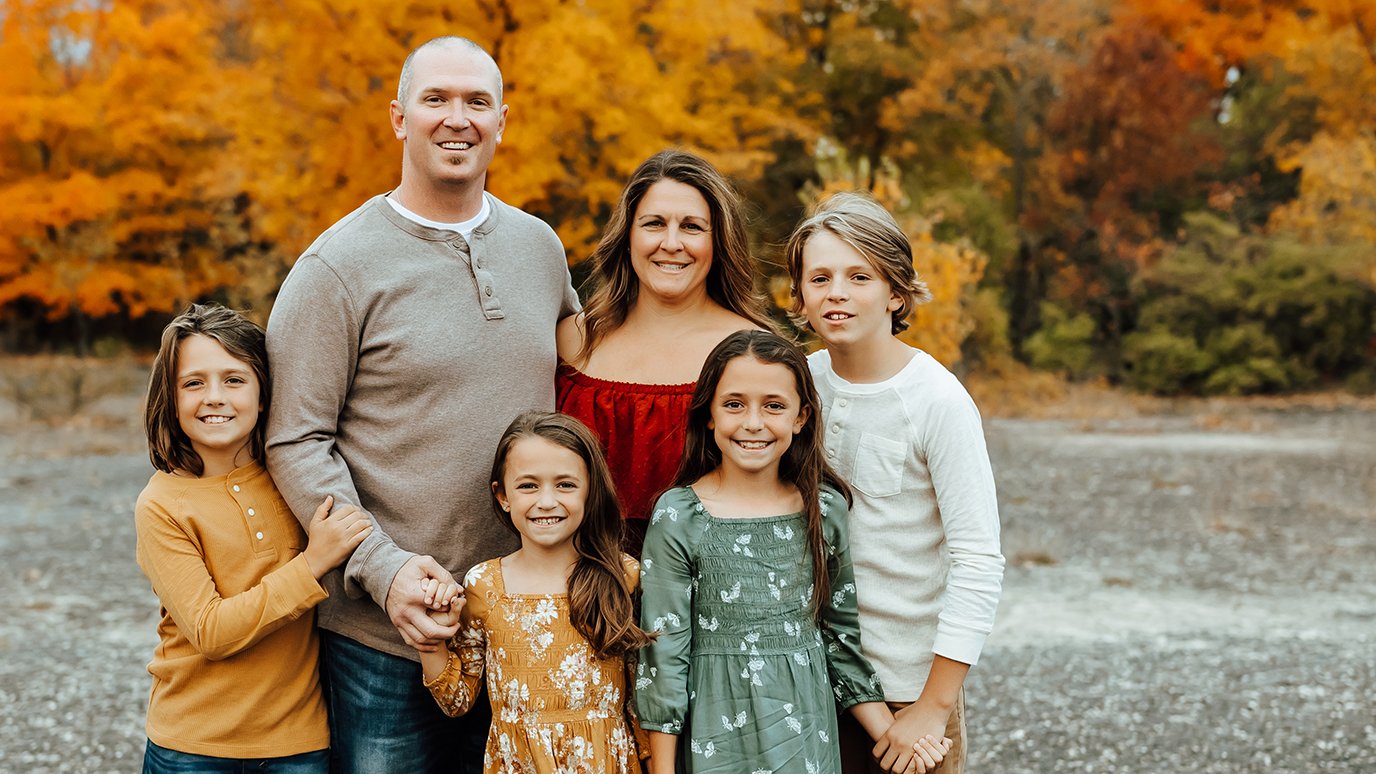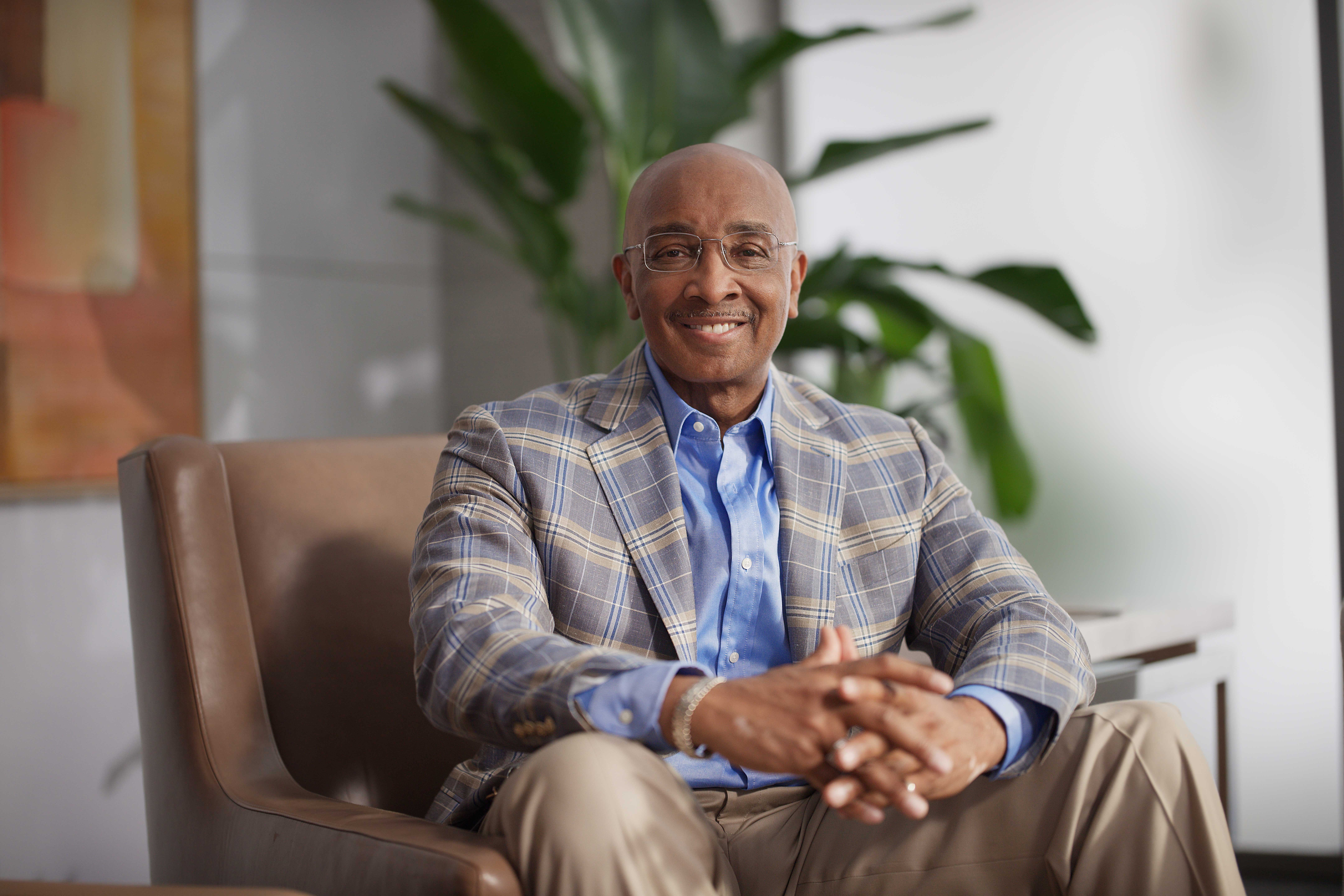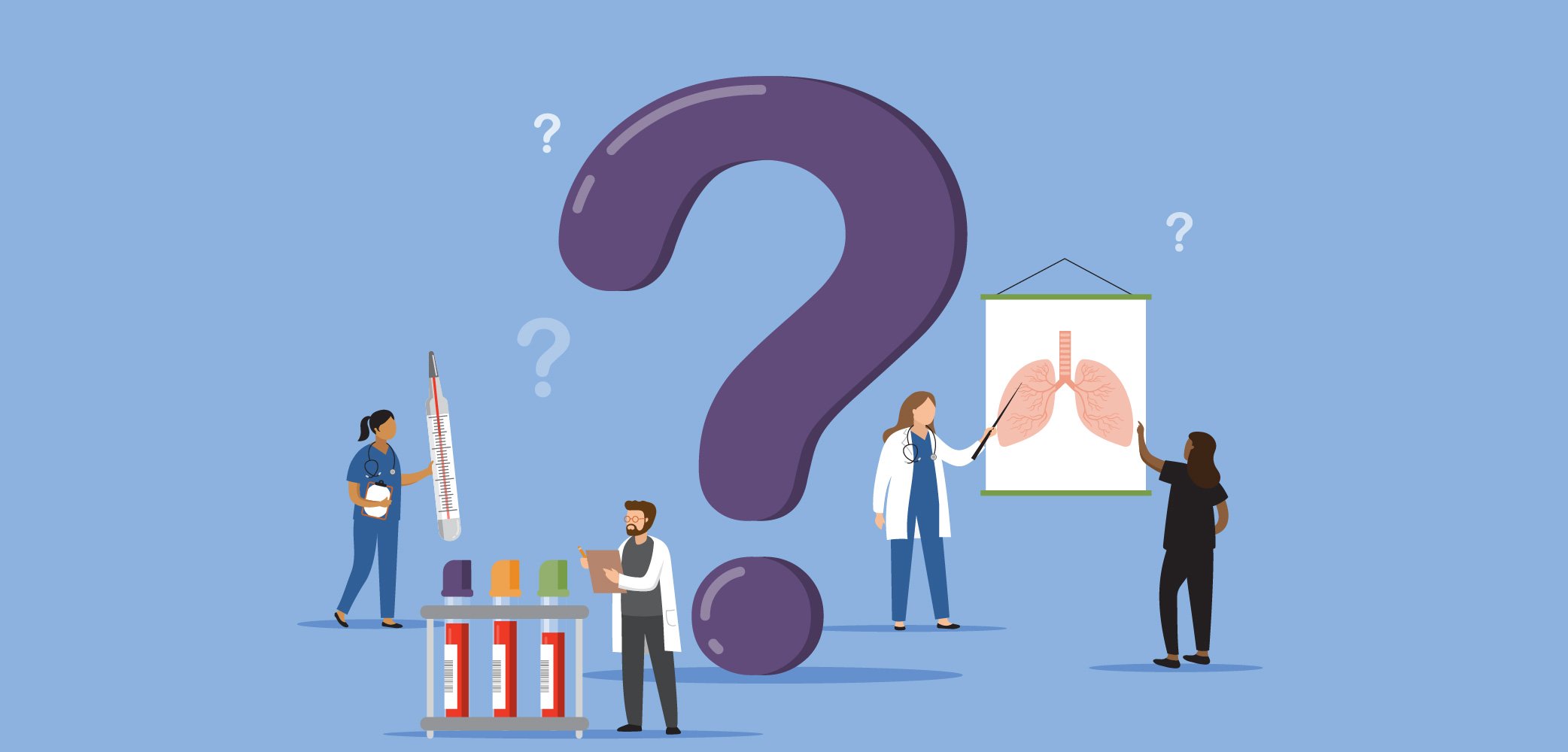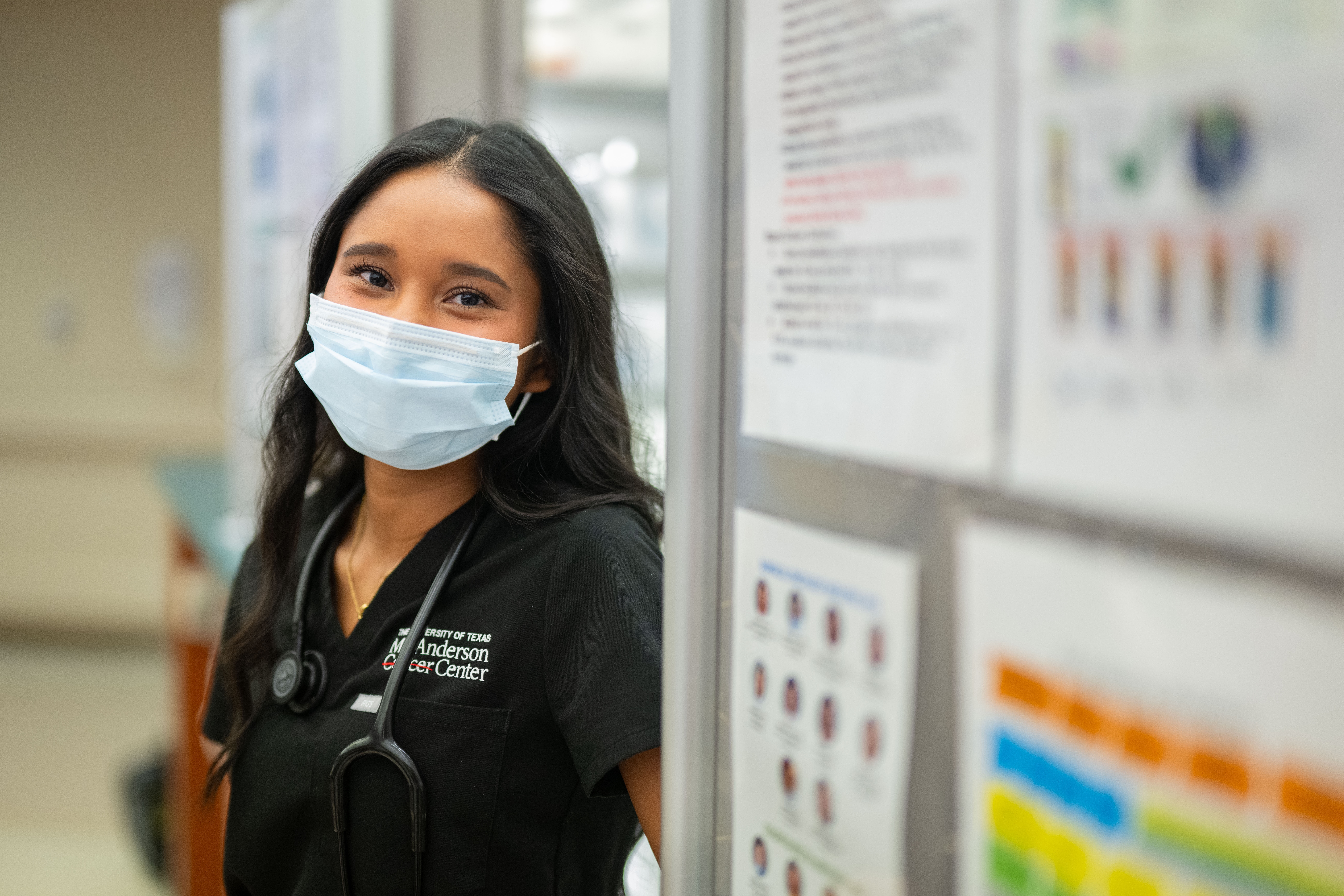- Diseases
- Acoustic Neuroma (14)
- Adrenal Gland Tumor (24)
- Anal Cancer (68)
- Anemia (2)
- Appendix Cancer (16)
- Bile Duct Cancer (26)
- Bladder Cancer (72)
- Brain Metastases (28)
- Brain Tumor (232)
- Breast Cancer (714)
- Breast Implant-Associated Anaplastic Large Cell Lymphoma (2)
- Cancer of Unknown Primary (4)
- Carcinoid Tumor (8)
- Cervical Cancer (158)
- Colon Cancer (166)
- Colorectal Cancer (118)
- Endocrine Tumor (4)
- Esophageal Cancer (44)
- Eye Cancer (36)
- Fallopian Tube Cancer (8)
- Germ Cell Tumor (4)
- Gestational Trophoblastic Disease (2)
- Head and Neck Cancer (12)
- Kidney Cancer (128)
- Leukemia (342)
- Liver Cancer (50)
- Lung Cancer (286)
- Lymphoma (278)
- Mesothelioma (14)
- Metastasis (30)
- Multiple Myeloma (100)
- Myelodysplastic Syndrome (60)
- Myeloproliferative Neoplasm (6)
- Neuroendocrine Tumors (16)
- Oral Cancer (100)
- Ovarian Cancer (172)
- Pancreatic Cancer (160)
- Parathyroid Disease (2)
- Penile Cancer (14)
- Pituitary Tumor (6)
- Prostate Cancer (146)
- Rectal Cancer (58)
- Renal Medullary Carcinoma (6)
- Salivary Gland Cancer (14)
- Sarcoma (238)
- Skin Cancer (296)
- Skull Base Tumors (56)
- Spinal Tumor (12)
- Stomach Cancer (64)
- Testicular Cancer (28)
- Throat Cancer (92)
- Thymoma (6)
- Thyroid Cancer (98)
- Tonsil Cancer (30)
- Uterine Cancer (80)
- Vaginal Cancer (16)
- Vulvar Cancer (20)
- Cancer Topic
- Adolescent and Young Adult Cancer Issues (20)
- Advance Care Planning (10)
- Biostatistics (2)
- Blood Donation (18)
- Bone Health (8)
- COVID-19 (362)
- Cancer Recurrence (120)
- Childhood Cancer Issues (120)
- Clinical Trials (632)
- Complementary Integrative Medicine (22)
- Cytogenetics (2)
- DNA Methylation (4)
- Diagnosis (232)
- Epigenetics (6)
- Fertility (62)
- Follow-up Guidelines (2)
- Health Disparities (14)
- Hereditary Cancer Syndromes (126)
- Immunology (18)
- Li-Fraumeni Syndrome (8)
- Mental Health (116)
- Molecular Diagnostics (8)
- Pain Management (62)
- Palliative Care (8)
- Pathology (10)
- Physical Therapy (18)
- Pregnancy (18)
- Prevention (918)
- Research (392)
- Second Opinion (74)
- Sexuality (16)
- Side Effects (604)
- Sleep Disorders (10)
- Stem Cell Transplantation Cellular Therapy (216)
- Support (402)
- Survivorship (322)
- Symptoms (182)
- Treatment (1786)
My stage IV colon cancer odyssey
4 minute read | Published February 29, 2016
Medically Reviewed | Last reviewed by an MD Anderson Cancer Center medical professional on February 29, 2016
In hindsight, my colon cancer diagnosis seems so obvious. My gastroenterologist asked me to repeat a routine blood test in December 2006. He asked if I was tired. I responded, “Of course, I am – I just tiled a bathroom, and my wife is pregnant with our third child.”
That’s when the bad news started to come. My doctor said that I’d already lost half of my red blood cells, likely related to the ulcerative colitis I’d been diagnosed with 13 years earlier. Not only did I not realize I was passing blood; I actually thought I was doing better with my ulcerative colitis medication. In reality, however, I’d developed colorectal cancer since my last annual colonoscopy.
My stage IV colon cancer diagnosis
In January 2006, I had a total colectomy. After waking up, I learned that the cancer had spread to my peritoneal cavity and lymph nodes. Foolishly, I looked online for stage IV colon cancer survival rates and asked my surgeon whether I should put my affairs in order.
He said, “If you have always wanted to climb Mount Kilimanjaro, you should do it.” Of course, I freaked out. My surgeon then assured me, “Don’t worry – I tell my next door neighbor the same thing.”
A few weeks after my colectomy surgery, my wife delivered our daughter. The baby was a welcome distraction and helped me keep fighting.
Coming to MD Anderson
In what seemed like a no-brainer, I decided to go to MD Anderson at that point. In February 2006, I began an aggressive chemotherapy regimen known as XELIRI, a combination of capecitabine and irinotecan. After the 20-week course of XELIRI, I had two more major abdominal surgeries to create an intestinal diversion known as a J-pouch.
The J-pouch is an alternative to having an ostomy bag. I can safely say that I actually feel better now without a colon than I did when I suffered from ulcerative colitis.
Following the initial course of XELIRI, my disease appeared to be stable. But after 11 months off chemo, my doctors discovered recurrence in my lymph nodes. I then went on long-term chemotherapy with three different combination treatments. The treatments were aggressive, and it was a rough period. At one point, I was down to 146 pounds, and I am 6’ 6” tall!
In May 2010, I was given a two-month break from long-term chemotherapy. Two months turned into six months, then a year, and the break continues today, six years later! My cancer remains in remission.
I am convinced I am alive today because of the aggressive surgery and chemotherapy -- and an awesome support network of family and friends. My wife, Michelle, is truly a hero. She took care of our new baby and our two older kids while helping me get through treatment.
Lessons from stage IV colon cancer
Although I survived stage IV colon cancer, I lost my mom and three good friends to the disease. I now know that catching colon cancer early is crucial. As I was diagnosed in late stages, treatment was much tougher, but I learned some important things:
Be gracious and accept help from others whenever possible.
At first, I politely declined help and meals from friends and neighbors, thinking that we could handle it. Only later, after I helped others with colon cancer, did I realize how important help and support are.
Accepting help graciously is a wonderful gift to someone else. When you decline, you miss out on a great meal and fellowship, and deprive others of the joy of supporting you.
Don’t be afraid to talk to others about the disease.
Colon cancer isn’t easy to talk about. During my first year of treatment, I was reticent to discuss my condition with others. But after my recurrence in 2007, I became much more open about the disease. In doing so, I’ve found many new friends I’ve been able support, and I now realize that this is one of the most important things that we can do.
We need to increase awareness of colon and rectal cancer. Only by talking about it can we help others catch the disease earlier so they can get treatment as soon as possible.
That’s why I’m participating in this year’s Sprint for Colorectal Oncology Prevention and Education (SCOPE) 5K run at MD Anderson. The event supports awareness, prevention and treatment for this awful disease.
It also gives me a chance to enjoy camaraderie with others dealing with colon cancer. After all, as I’ve learned, we’re not fighting this disease alone.
Douglas Shoemaker will be honored at the 11th annual SCOPE 5K run on Saturday, March 12, 2016. Learn more.
Related Cancerwise Stories

We're not fighting this disease alone.
Douglas Shoemaker
Survivor





